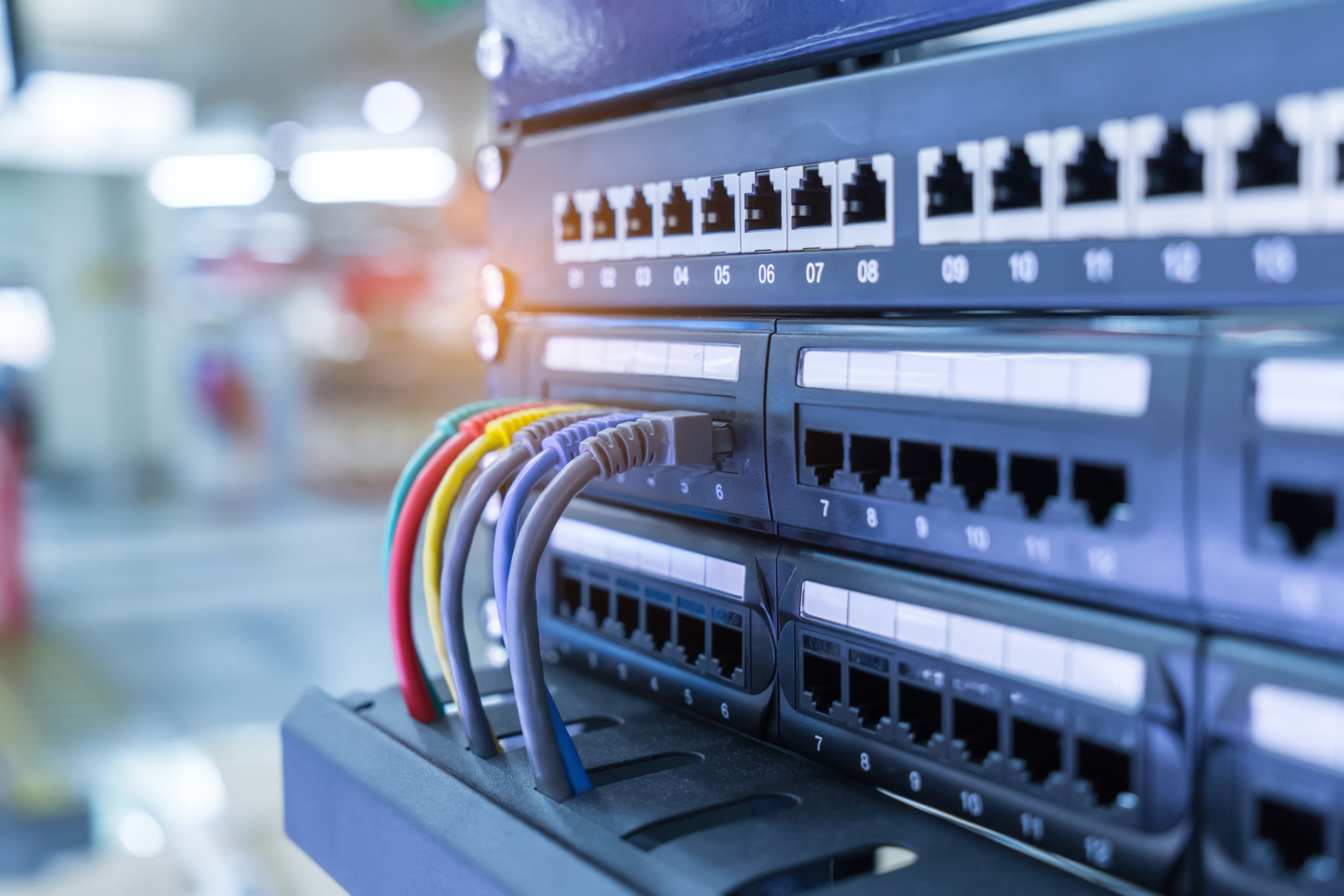Top Firewall Solutions for Optimal Network Protection
Understanding the Importance of Firewalls
In today's digital age, safeguarding your network from malicious attacks is more crucial than ever. A firewall acts as a barrier between your internal network and external threats, helping to keep your data secure. By controlling the incoming and outgoing network traffic, firewalls are essential in preventing unauthorized access to your systems.

Types of Firewall Solutions
Hardware Firewalls
Hardware firewalls are standalone devices that filter traffic entering a network. They are often used in businesses with multiple computers, offering robust protection without affecting system performance. These firewalls are placed between your network and the gateway, providing a high level of security and control.
Software Firewalls
Software firewalls are installed directly onto computers or servers. They monitor and control incoming and outgoing traffic based on predetermined security rules. Ideal for individual users or small businesses, software firewalls offer flexibility and are often more affordable than their hardware counterparts.
Top Firewall Solutions for Businesses
Cisco ASA
Cisco ASA (Adaptive Security Appliance) is renowned for its comprehensive security features, including VPN support, intrusion prevention, and advanced threat protection. It is suitable for large enterprises looking for a scalable and integrated security solution.

Palo Alto Networks Next-Generation Firewalls
Palo Alto Networks offers next-generation firewalls that provide deep visibility and control over applications, users, and content. With features like threat intelligence and automated policy-based controls, these firewalls help businesses protect their networks against sophisticated cyber threats.
Fortinet FortiGate
Fortinet FortiGate is a versatile firewall solution known for its high performance and security efficacy. It combines advanced threat protection with ease of use, making it a popular choice for organizations of all sizes. Its unified threat management capabilities ensure comprehensive network protection.

Choosing the Right Firewall Solution
When selecting a firewall solution, consider factors such as the size of your organization, budget constraints, and specific security needs. Hardware firewalls may be ideal for larger networks, while software firewalls could better serve smaller setups or individual users.
Additionally, look for features such as VPN support, intrusion detection, and application control. Investing in the right firewall solution can significantly enhance your network's security posture, protecting your valuable data from ever-evolving cyber threats.
- Performance: Evaluate the processing power and ability to handle traffic loads.
- Scalability: Ensure the solution can grow with your organization's needs.
- Ease of Management: Consider user-friendly interfaces and support options.
